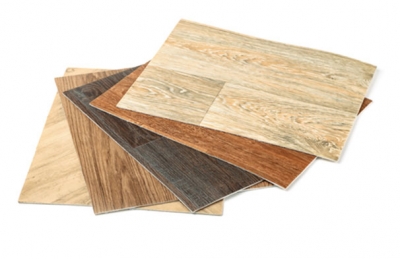As a landlord, deciding when to update the floors in your rental property can be a big decision. If you’re unsure of when – or if – you should replace the floors, here are some questions to ask yourself before you begin the process.
Who is the tenant?
If you primarily rent to college students, now is not the time to install hand-scraped, wide plank, exotic hardwood floors. Chances are, your investment won’t be cared for properly, and you’ll be dealing with damaged floors that need to be replaced much sooner than they should be. If the floors in your rental property see significant wear and tear, you should select the new floors accordingly.
On the other hand, if you have long-term tenants who take excellent care of your rental property, you may feel comfortable investing in a more luxurious flooring choice.
What are your long-term plans for the property?
Take into account your future plans for your property when replacing the floors. If you’re considering selling in the near future, you may want to invest in high quality floors, which will appeal to potential buyers.
What level of maintenance do you want?
As a general rule, flooring in rental homes should be relatively low maintenance. Not only will this make it easier for your tenants to care for the floors, but it will also help limit how often you need to go make repairs. While light colored plush carpet looks nice, your tenants will be constantly walking on eggshells making sure they don’t spill anything, and you’ll need to commit to regular professional cleaning to keep them in good shape. Alternatively, a hard-surface floor like tile or laminate hardwood requires less maintenance.
Also keep in mind long-term maintenance. Hardwood floors will need to be refinished or resealed every 10 to 15 years or so, which can be costly and time consuming. If you select carpet for your rental property, consider carpet squares – these allow you to replace only the areas of the floor that are damaged rather than having to replace everything. This lowers both maintenance cost and time.
What is your budget?
Of course, budget should factor into your decision. After all, most rental properties are meant to generate income. Don’t break the bank purchasing a floor that is outside of your budget. Find the right balance of function and price so you end up with a floor that is durable, has a long life, and won’t require a lot of maintenance.




